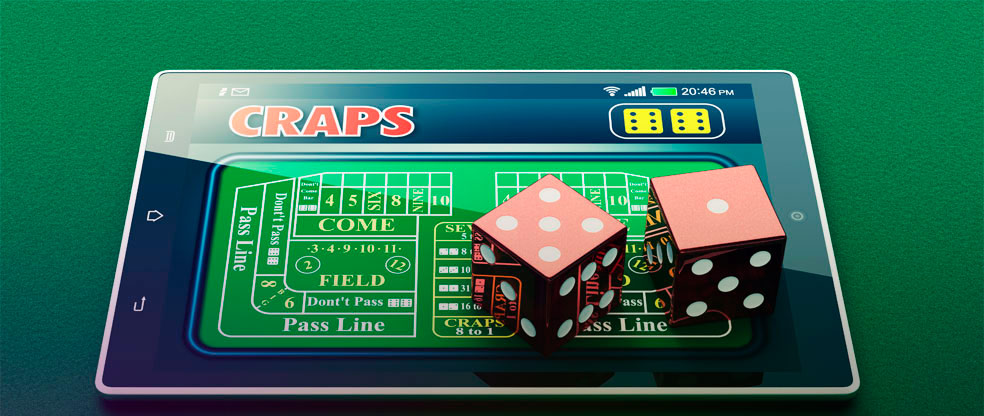
Top 5 Types of Tilt in Poker
Tilt is a state common among many CasinoChan Canada players who place bets on poker. But all gamblers have different reasons for such an emotion. And these are the 5 most common types of tilt.
Weak Tilt
It is believed that weak tilt is the most common form of this condition.
The player in a weak tilt is in a state of very strong emotions, he is disappointed by the lack of impressive game results. He has a desire to compensate for losses and go to active actions.
As a rule, a weak tilt comes after long hours of hard play, which does not bring the desired result to the player. Instead of deciding that tonight is not his night, the player decides to go into action. And this is fraught with big losses.
Passive Tilt

Some experienced poker players say that passive tilt is an even more common form of this phenomenon.
Not getting serious winnings for a long time, the player loses confidence.
Doubting his ability to calculate a serious game, the player is afraid to bet and take risks. He calls too early, and even with a great hand, is left with small winnings.
Furious Tilt
After a series of losses, even very psychologically stable players can succumb to negative emotions and anger.
The desire to win dulls attention, makes biased assessment of other players and inadequate evaluation of their abilities.
You can fight such a tilt only by interrupting the game to calm down and take control.
Stereotypical Tilt
It’s also a common phenomenon. Being in a stereotypical tilt, the player stops paying attention to the situation at the table and the actions of opponents. And continues to play schematically, as if by the textbook.
Most often a stereotypical tilt is caused by basic boredom after many hours of play or by banal fatigue.
If you notice this, you should immediately interrupt the game and have a proper rest.
Tilt Because of Self-confidence
Here it’s the other way around.
At some point, many players have the illusion of superpowers. They begin to think they are smarter than their opponents, hatching complicated and risky combinations.
Often this attitude arises after several fairly large winnings, which can also be the result of chance.
An overconfident player may overestimate his ability to bluff. Such an attitude is bound to result in a big loss.
Is It Possible to Avoid Tilt?
Oddly enough, the answer is no.
You can’t avoid tilt, no matter how many techniques you use.
For example, they often talk about the need to analyze your weaknesses before the game, about certain “injections of logic,” etc.
But hundreds of ways to avoid tilt are practically useless, because they completely ignore the very nature of this phenomenon.
We are all human, no one has been able to completely turn off the emotional component.
A good poker player differs from a bad poker player in the first place by his adequacy. And one of the signs of such adequacy is the ability to timely assess your condition. And get out of the game before it’s too late.


